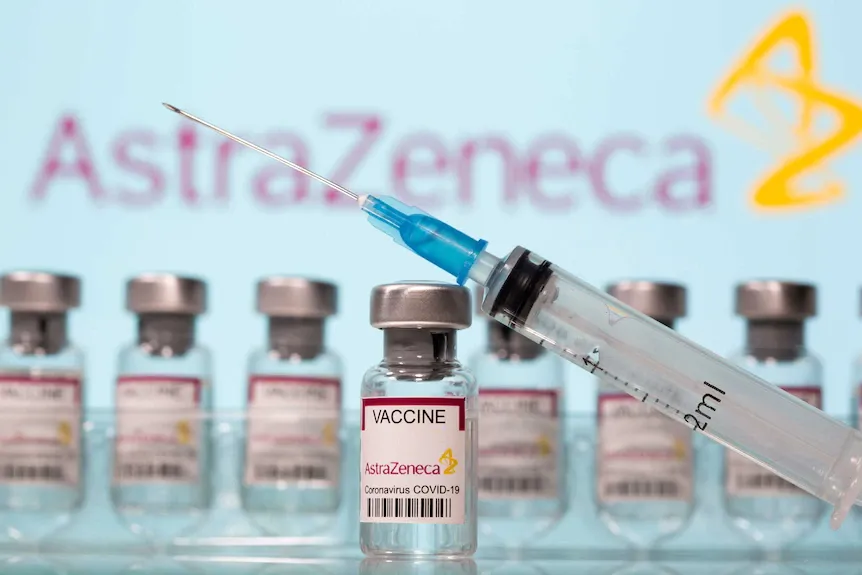
Two papers were published at the NEJM today on the situation with blood clots and the AZ vaccine.
These researchers in Germany have concluded that most likely the blood clots are a rare side effect of the vaccine. Their argument for this is that these cases of clots are autoimmune in nature, and while only 25% of the vaccines given in Germany are AZ, they aren't seeing cases of these rare autoimmune clotting disorders after the other vaccines. The reactions are also not exactly the same as other autoimmune clotting disorders, and they propose to call this new disorder vaccine-induced immune thrombotic thrombocytopenia (VITT). They propose treatment that addresses the autoimmune nature of the problem.
The reactions are happening between 5 and 13 days after the first dose. At this point, antibodies to the spike protein are very low, unless the person had prior covid. The studies don't mention prior covid either way. This suggests that the problem is not the anti-covid immune reaction specifically, but something more general or related to the vector.
This autoimmune reaction to the vaccine is rare. I found one report from the UK that said that there have been 22 cases of cerebral venous sinus thrombosis (CVST, the type of clot associated with this autoimmune disorder) and 8 other cases of clotting with low platelets (which might also be autoimmune) and 18.1 million doses of the AZ vaccine given. So that's about 1-2 cases per million doses. Obviously, serious side effects from covid are much higher than that. However, these autoimmune reactions are more common in younger people, and serious side effects from covid are more common in older people. So the risk-to-reward ratio is going to be better for older people.
Something that isn't addressed in these articles is the background rate of CVST. In a study recently published in Canada, the rate there is 1.5 per 100,000 people per year. That comes out to 0.3 per million for the 8-day window that these cases are happening in, so 1-2 per million does look like a signal above background, but it's not a crazy high signal. It means that for about a week, a vaccinated person has about a 4-fold increased risk of an extremely rare blood clot in the brain, and after that their risk apparently goes back to normal.
Looking in VAERS, the rates of reported CVST (or similar) for the vaccines available in the US are:
Pfizer: 3 per 77 million doses = 0.04 per million
Moderna: 4 per 70 million doses = 0.06 per million
J&J: 2 per 3.3 million doses = 0.6 per million
Although the numbers are probably too small to reach statistical significance, so far there appears to be a trend of more cases of CVST with the J&J vaccine, which like the AZ vaccine uses an adenovirus vector. It's something to keep an eye on, but not definitive. If you have a personal or family history of autoimmunity, and have a choice of vaccines, you might lean toward one of the RNA vaccines out of an abundance of caution.
The two papers detailing the cases of these reactions:
The study done in Canada to determine the background rate of this type of clot:
https://www.medrxiv.org/content/10.1101/2021.04.02.21254856v1.full.pdf
In order to determine the number of each type of vaccine given in the US by 4/1, the most recent VAERS update, I'm using this archive site to find past CDC data:
